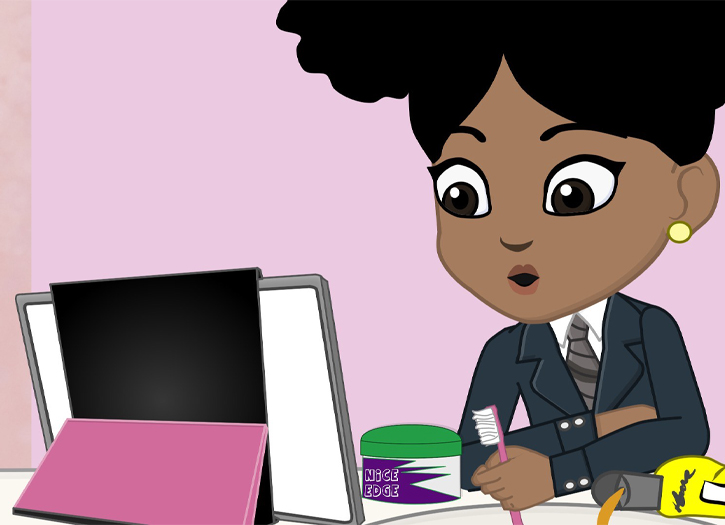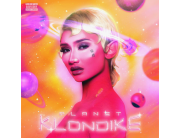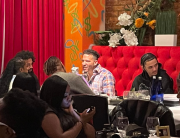Afro-Latina growing up in the 80s in Connecticut, I remember the barrage of awkward questions posed by my peers about my racial identity as if my beautiful kinky hair, dark skin, broad nose, and full lips weren’t enough to realize that I was black and my parents were too.
My Cuban mom’s cultural nuances didn’t make things easier. She would pick me up from elementary school in her fire-engine red dodge station wagon with a rosary swinging from the rear mirror. Her dashboard was laden with affixed mini statues of the Virgin Mary, Nazareth, and Santa Barbara draped in her red cloak.
As my class lined up outside, waiting to be dismissed, the blaring rhythmic sounds of salsa music from her car could be heard as a distant cry. My mom would call out to me repeatedly and pronounce every vowel and syllable in my name O-lee-via until she saw me. At the same time, my friends stood confused and in silence, wondering why my mom, who bore the same skin color, spoke differently from their parents, who were primarily migrants from the south. She certainly didn’t look like a Latina they were used to seeing.
Throughout my college years and even today as a working professional, some aren’t able to make the connection. Armed with oral history passed on by my grandparents and research that I did on my own, I learned how during the 18th century Cuba relied heavily on the production of sugarcane crops. And nearly 2 million enslaved Africans were branded as chattel and herded into Matanzas, Cuba. In later years, the work would continue with laborers from Jamaica and Haiti, and other parts of the world.
It was during the pandemic that I began to reflect on my childhood, and the idea to create an animation that spoke to my life experience as an Afro-Latina came to me. I set out to create a message that would resonate with all little girls, particularly black and brown, that they too can be anything they strive to be.
I named the animation Alicita, short for Alicia in honor of my deceased mom. The cartoon follows an Afro-Dominican seven-year-old child prodigy from Washington Heights.
In this animated short, Alicita, played by former Love and Hip-Hop reality star and actress Tahiry Jose struggles with her identity and believes that changing her look will help others accept her. When her inner voice manifests as her favorite internet vlog star—Sophia—played by former Love & Hip-Hop reality star and podcaster Lore’l, her advice helps Alicita become more confident.
Alicita also learns life lessons from her mother, Daisy, played by actress Melissa Guzman and her wise-cracking, telenovela-loving Abuela played by actress Ana Marte about what it is to be yourself and have love for family.
Alicita is currently in the film festival circuit and as of this publication date was selected to be screened at the El Cine Festival in North and South Texas, Queens Underground International Black and Brown Festival and Eastern Nigeria Film Festival.
I know my mom and Jamaican dad are looking down at me and are proud that my animation was recognized for Best Children’s Film at the DC Black Film Festival 2021. I don’t know what the future holds for Alicita, but I do know the possibilities are endless. I hope Alicita is able to make an impact on the lives of all little girls and boys.
This feature was submitted by Olivia Almagro
Olivia Almagro is the founder and principal owner of O+ Media Group, LLC. – a boutique public relations agency in Miami, Florida. She is an award-winning content producer and also serves as a business adjunct professor.
Featured Image by Alicita – Omar Buckley, animator







Add Comment